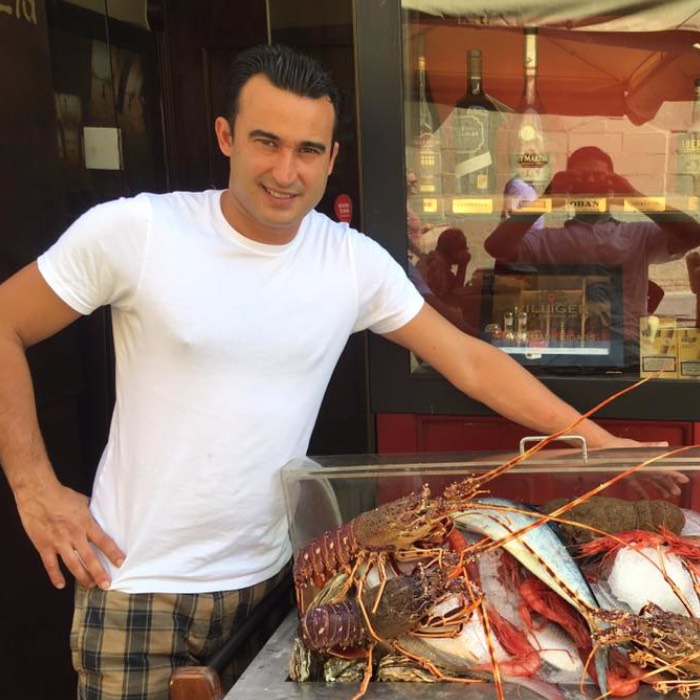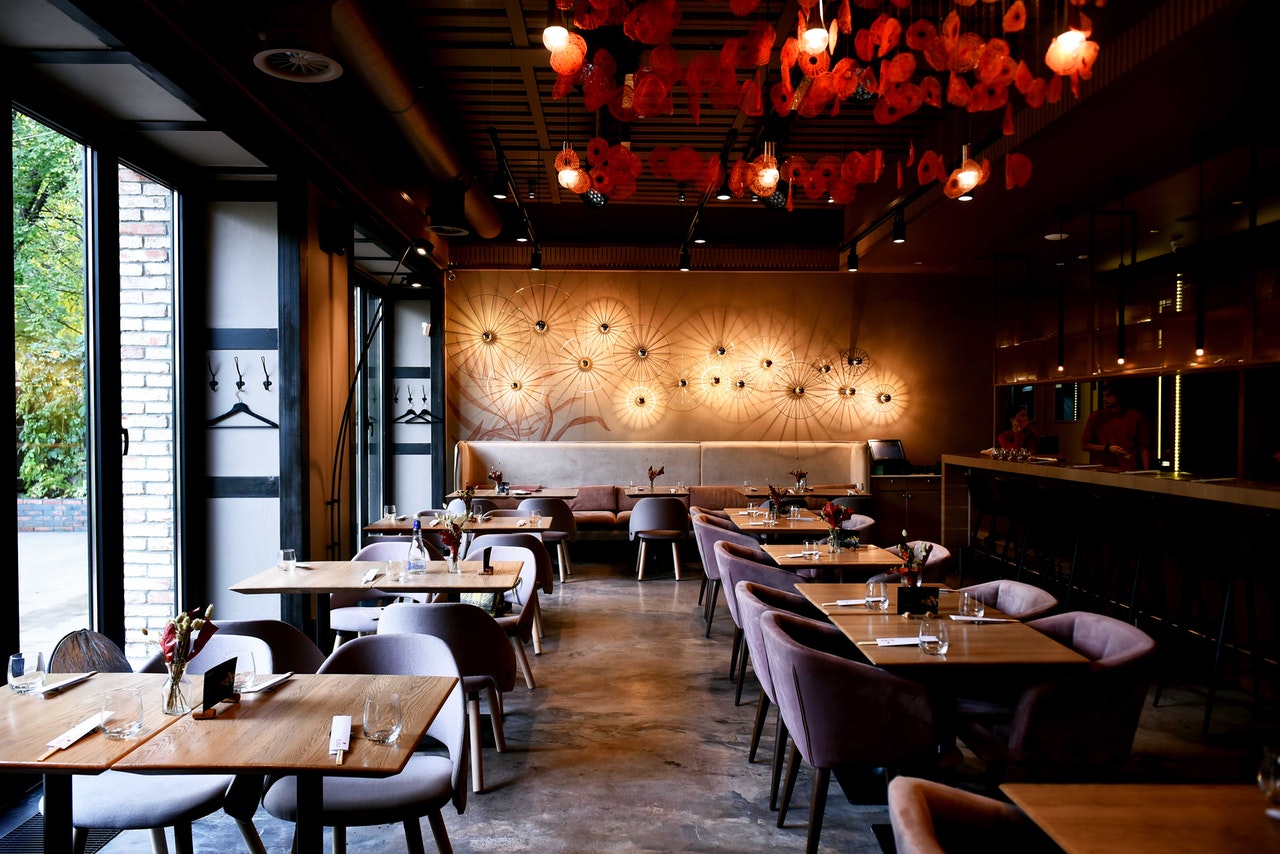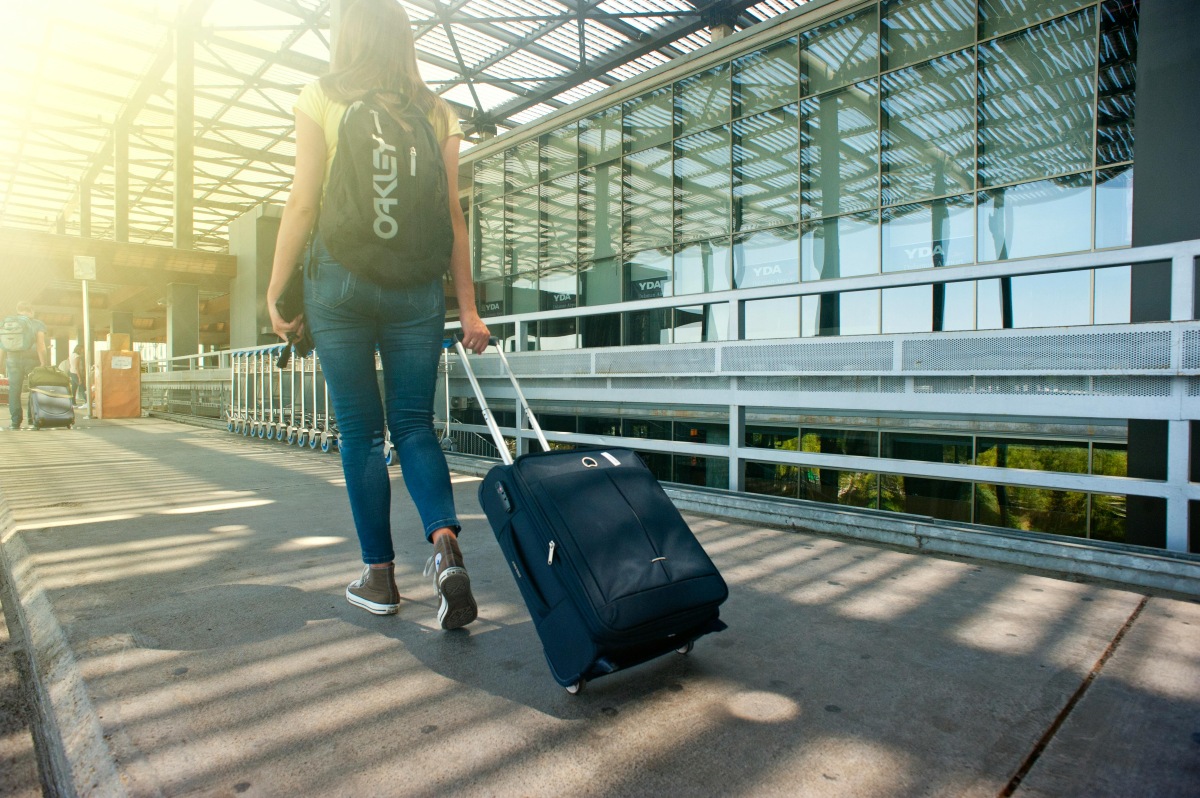Major players in the catering industries have responded to rumours of a potential cover charge by distancing themselves from the idea, with many pointing out that while each restaurateur should see what works best for their operation, an industry-wide change is not in the offing.
Social media was ablaze over the weekend as news broke that restaurants might be considering the introduction of a cover charge in what would be a new feature in the Maltese catering landscape.
BusinessNow.mt reached out to several industry players to see what they thought about the idea.
Malta Hotels and Restaurants Association president Tony Zahra said that the issue was not raised within the Association.
“We have not been approached about the introduction of a cover charge so we do not have an opinion on this.”
Mr Zahra said that unless the matter was brought up by its members, the Association would not be commenting further.
“Each individual restaurant should consider whether this makes sense for itself,” he added.
On the other hand, Association of Catering Establishments secretary Matthew Pace said that the Association has discussed it at council level and finds the idea “absurd” at this point in time.
“We are in a situation,” he says, “where we would like to entice customers to start visiting restaurants.”
“At the end of the day,” he continues, “every restaurateur has a right to choose how they operate their establishment, but at an association level we feel that this is very bad timing.”
Justin Zammit Tabona, managing director of Infinitely Xara, which runs The Xara Lodge, Palazzo de Piro, Trattoria AD 1530 and Michelin-starred De Mondion, said that he prefers to leave it up to patrons to decide on a cover charge.

“We’ve always worked that way, and we don’t see why there should be a stipulated cover charge.”
He pointed out that if the fee is a service charge, it would be split between the kitchen and wait staff.
“Why would that help restaurants recuperate from the pandemic?” he asked.
He believes that such things should be left to the discretion of the guests’ personal opinion.
“If people are happy and grateful for the service, it’s up to them to see how much they want to pay – whether that’s 5, 10, 15, or 20 per cent.”
Oswald Caruana, who owns and operate La Sfoglia in Valletta, believes that declining profits are a real problem that require action to be taken.
However, he says that this is not the right time to raise prices.
“When we look at the accounts from year to year, the curve is frightening,” he says, adding that cover charges are well established and accepted abroad.
In a context where many catering workers have left the industry or returned to their country, resulting in staff shortages, and tight restrictions on restaurant operations, including mandatory space between tables, Mr Caruana believes the sector should rather focus on enticing people to eat out.
“It’s better to keep prices reasonable and encourage people to go and eat out twice instead of once a month,” he says.
“It’s simply not the ideal time,” he adds, pointing out that people would be seeing a price on the menu that is not reflective of the true final cost.
“Restaurants might as well just raise prices,” he says.

Mr Caruana points to another problem faced by the industry where he feels targeted action might bring lasting positive change.
VAT is charged at 18 per cent on the catering industry, with the raw food itself being VAT-free. This means that restaurants cannot claim back most of their VAT, as many other industries do.
“Logic tells you,” he explains, “that the 18 per cent should be added to the price for a dish, but the reality is different.”
“For certain dishes, if you work in the VAT over your profit margin, it simply becomes too expensive.”
He therefore called on the Government to reduce VAT on catering outlets.
Informed that the Opposition had recently unveiled a tourism plan including such a measure, he welcomed the news with the caveat that “criticising from Opposition is easy”.
Another issue Mr Caruana brought up is the granting of licences for new establishments in the capital.
“There needs to be control,” he says. “If restaurants are gonig to keep opening all over the place, we’ll see a situation as happened with the pandemic. Profits get thin and establishments end up closing down during a downturn.”
Asked about the tipping culture in Malta, Mr Caruana said that it is difficult to establish a pattern.
“It depends on the individual client, on how much money people have, on how well the economy is doing.”
He says that if he had to generalise, he’d say that the Maltese do not tip enough.
“But then again, you can’t oblige someone. We try to do the best we can, then it depends on the client.”
He closes by reiterating that he understands where those calling for a cover charge are coming from.
“Costs have increased due to the pandemic with all the restrictions and labour shortages, especially for skilled labour. Something needs to be done.”
“I’ve worked over 20 years in catering,” he says. “This is the hardest time to operate from all those years. It’s very challenging.”
“At the end of the day, looking at all the stress from the many restrictions and regulations, and seeing what money is left in your pocket, you do think, ‘Is it worth it?’”
Young adults lead Malta’s tourist arrivals in May 2025
Visitors aged 25 to 44 made up the largest group of inbound tourists
Demand for electric vehicles holds strong despite €3,000 cut to government grant
Hybrid models also continue to attract buyers, despite the end of the grant
Accessible student loans scheme extended
The FSMA + scheme allows students to cover tuition fees, accommodation expenses while pursuing further education in Malta and abroad






